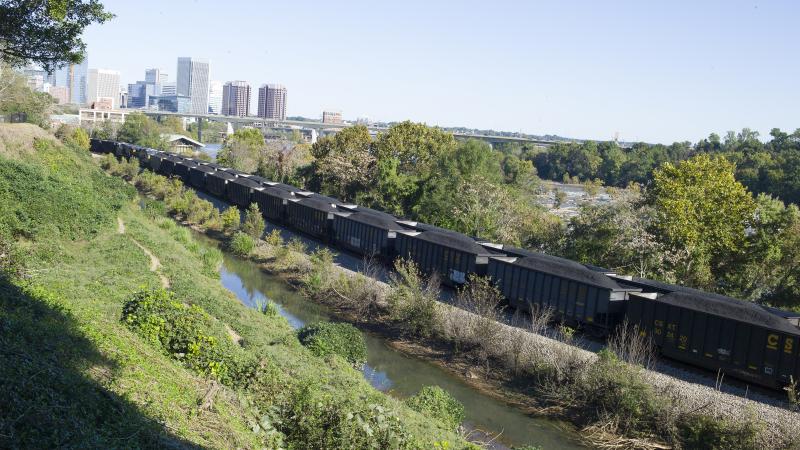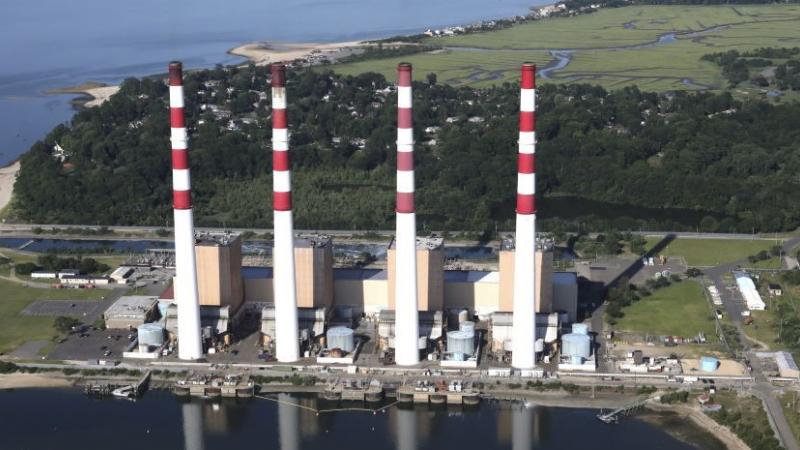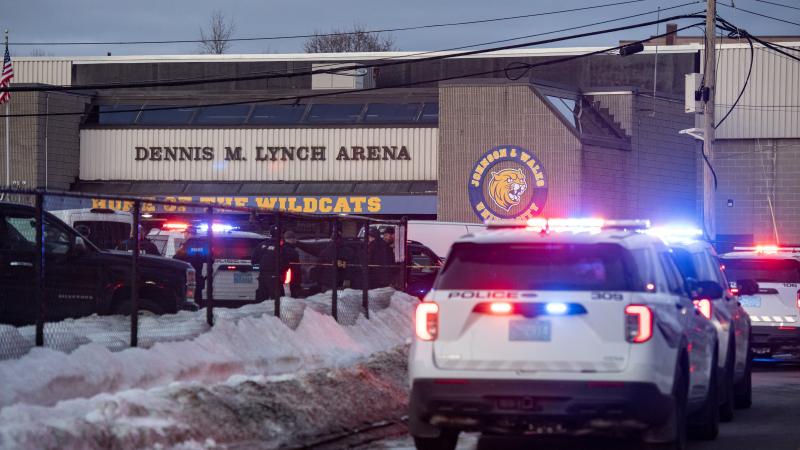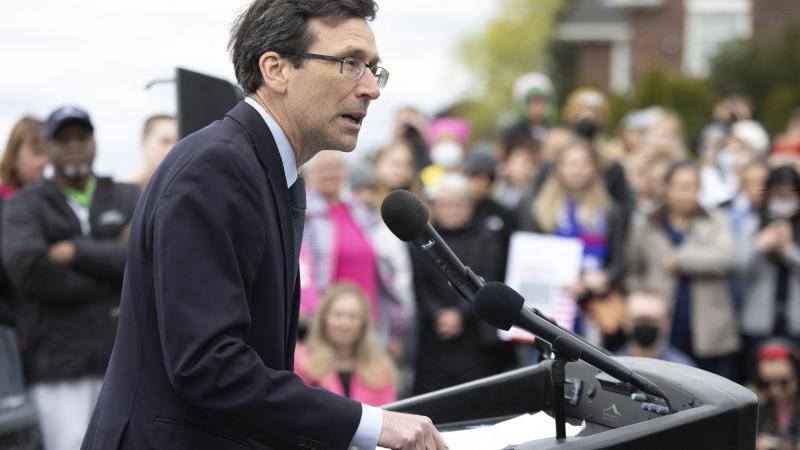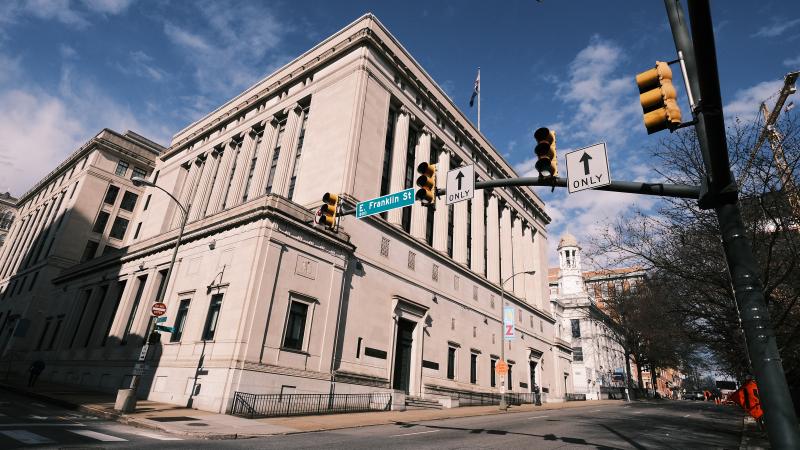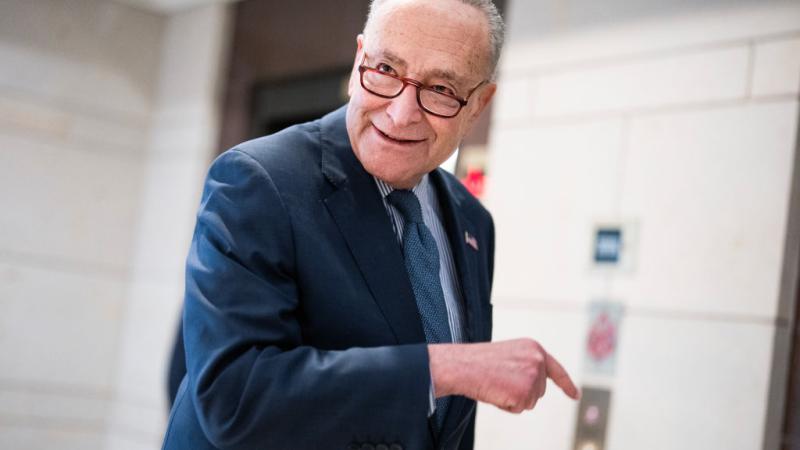Multiple reports show New York’s climate goals could harm residents, but they fall on deaf ears
Multiple reports show that New York's Climate Act, which promises to deliver 100% renewable energy, could potentially create dangerous blackouts during inclement weather. Yet the state's leadership remains committed to its climate goals.
New York committed itself on a course to achieve net-zero emissions by 2050, a plan that was finalized in 2022. The Climate Leadership and Community Protection Act included a goal of zero emissions electricity by 2040, and it set up New York to be a guinea pig for an energy transition experiment for the entire nation.
Less than two years after the plan was finalized, it’s already running into major problems with high costs and degrading grid reliability. In its biennial report, the New York Public Service Commission (PSC) found that the state won’t achieve its 70% renewable energy goal until three years after the 2030 deadline.
The New York Independent System Operator (NYISO), a balancing authority that power supply and demand are well balanced, notes in its annual “Power Trends” report released this month that New York is retiring nearly twice the amount of electricity generation as it is adding, and the state’s climate goals demand a timeline that puts the grid at serious reliability risks.
The New York State Comptroller Thomas DiNapoli added to the bad news this month with an audit of the planning and implementation of the Climate Act. The audit found the PSC used outdated data and wrong calculations to determine if New York could reach 70% renewable energy by 2030, the agency didn’t factor in increased energy demand from electric buildings and electrification of heating as a result of climate mandates, and it failed to properly estimate the costs to ratepayers.
For state Senator George Borrello, a Republican whose district surrounds Buffalo, New York, the findings in these reports were just detailing problems he’s been warning about for years. He said these warnings often fall on deaf ears because the state is under one-party rule.
"The Democratic Party in New York state is governed by the most extreme elements of the party … They have defined climate change as an existential threat to humanity. And you can justify, quite frankly, a lot of insane, irresponsible things, when you define something as an existential threat,” Borrello told Just the News.
Dwindling supply
It’s not just Republican lawmakers who are raising concerns about the impacts of the state’s energy policies, and it’s not just the state’s Climate Act threatening New York with unaffordable energy and blackouts. Local laws are exacerbating the issues.
Roger Caiazza, an environmental analyst with over 40 years of experience and publisher of the “Pragmatic Environmentalist of New York,” submitted comments and wrote over 400 articles critical of the state’s net zero transition. Caiazza, along with Francis Menton, who publishes the “Manhattan Contrarian,” and Richard Ellenbogen, a Cornell-trained electrical engineer, produced a report that warns that New York City’s Local Law 97, which requires building owners to convert building heating to electric, will add to the demands on a grid with a dwindling supply as a result of the state’s Climate Act.
The report targets condominium boards and trade associations, since they are most impacted by the local law. As Menton explains in an article on his blog, those groups also represent thousands of voters who will find themselves in the “crosshairs of New York’s impossible energy mandates.”
The report advises them not to make the conversions the law requires. Despite the fines that would follow, the conversions are expensive and, should the city experience blackouts, residents would be without heat, exposing the owners to potential legal liabilities.
“Complying with this mandate can only be done at very large cost, indeed a cost so large that it would stretch the finances of nearly all buildings to the breaking point. Boards also have under New York law a fiduciary duty to their shareholders and members, which encompasses protecting the health and safety of all residents, and not squandering their constituents’ money,” the report states.
The report explains that no demonstration project exists in which a small town of around 20,000 residents runs its grid entirely on wind, solar and batteries, without blackouts and high costs. Attempts at such projects have so far been unsuccessful. Absent such a demonstration, Menton argues, there’s no evidence it’ll work statewide.
Menton explains that blackouts can be dangerous, especially in extreme cold events. While such a blackout would initiate a public backlash against New York City’s and the state’s climate policies, the goal of the report is to educate people on the risk so they act now rather than after a catastrophe.
Borrello, the New York senator, said that there are a handful of Democrats in the leadership who know what a disaster the state’s Climate Act will be, but they’re too afraid of the radical left to speak up.
“My Democrat colleagues, particularly in Western New York where we rely on natural gas, have been shamefully silent,” Borrello said.
Upstate New York already gets about 90% of its energy from nuclear and hydroelectric, Borrello said, both of which produce zero emissions, but 70% of New York City’s power comes from fossil fuels.
“Yet they want to burden the rest of us by blanketing our beautiful countryside with wind turbines and solar panels, destroying natural habitats, eating up productive farmland and industrializing our beautiful landscape for what is really a New York City problem,” Borrello said.
Effects of grid failure on public health and safety
The failure of electricity supply to the grid represents more than an inconvenience to the public. Security and consultancy firm Pinkerton listed some of the dangerous impacts that electricity shortages may present: "Outages of more than eight hours have been determined to be medically significant outages, with potential health consequences. Arkansas, Louisiana, and Michigan face the dual and compounding problems of frequent outages lasting more than eight hours and a prevalence of electricity-dependent medical equipment use, creating a high social vulnerability to electrical outages."
NPR affiliate KCUR reported on the effects of the power failure after Texas' 2021 "Winter Storm Uri", noting that nearly 250 people in the state died, and in an interview with survivor Dr. Kate Biberdorf at The University of Texas at Austin, said "None of my students had access to water.”
Biberdorf recalled that “I was driving all over Austin delivering cases of water to dorms and apartment complexes for weeks. It was a legitimate humanitarian crisis down here.”
Power forward
In an interview with The Times Union, New York Gov. Kathy Hochul was asked about the findings of the comptroller report. Hochul replied that the goals were based on old data prior to the supply-chain disruptions of the pandemic, which have hurt offshore wind and transmission line development.
After pointing to some wind and solar developments proceeding in the state, Hochul said, “We’re continuing to power forward, but there’s some things that are out of our control, like we’re preparing for a transition to electric vehicles. What we’re finding is the public’s not there yet.”
She said she’d like to meet the goals of the Climate Act, but the plan may need to be reviewed in light of increasing costs of implementing it.
Caiazza, the publisher of the “Pragmatic Environmentalist of New York,” told Just the News that despite that statement, agency heads continue to downplay the obvious and say everything is fine.
Spectrum News1 asked New York State Energy, Research and Development Authority President and CEO Doreen Harris if the Hochul administration had any plans to pause the implementation of the Climate Act.
“Absolutely not,” Harris replied. “And instead, what we are seeing is this market response. Clearly, change takes time but at the same time, when we set these goals, we see the market responding in ways that are truly transforming our economy and, and, benefitting New Yorkers. So, our commitment remains firm.”
Borrello said he has grilled Harris, who is an engineer, during energy committee hearings, and he thinks she knows that the Climate Act plan isn’t going to work. “She's becoming more and more uncomfortable with the questions that we’re asking,” Borrello said.
Caiazza said he doesn’t think the reports raising red flags about the state’s energy policies will be the moment the state pivots to safer energy policies.
“Despite these encouraging signs, all my acquaintances in the electric industry agree that the political momentum is so great that changing things will more likely require a dangerous blackout. Even then there are parties who will claim that we must continue down this dangerous path. When there is a blackout, I hope enough voters will catch on that the politicians will have to switch allegiance to reality rather than the emotion of the climate activists,” Caiazza said.
Borrello pointed out that the reasoning for the Climate Act is to address climate change, but even if the plan were a success and New York managed to eliminate all its greenhouse gas emissions, it would reduce global emissions by 0.4%.
In an article on his blog, Caiazza raises this point. “Mitigation only works if (carbon dioxide) is the only climate control knob, but that cannot be the case because we have observed temperature changes over the last thousand years. Mitigation can only work if everyone else slashes emissions, too,” he wrote.
While U.S. emissions peaked in 2007, global emissions are rising, due in part to increased pollution from China and India. Despite the futility, cost, and potential danger of addressing global warming with emissions reductions in the U.S., 23 states and the District of Columbia have set 100% renewable energy goals. Many Americans may be shivering in the dark before these policies are reconsidered.
The Facts Inside Our Reporter's Notebook
Links
- Climate Leadership and Community Protection Act
- biennial report
- Power Trends
- an audit of the planning and implementation of the Climate Act
- detailing problems heâs been warning about for years
- Pragmatic Environmentalist of New York
- submitted comments
- Manhattan Contrarian
- produced a report
- explains in an article on his blog
- have so far been unsuccessful
- Pinkerton listed some of the dangerous impacts
- KCUR reported on the effects of the power failure
- interview with Times Union
- Spectrum News1 asked
- global emissions are rising
- increased pollution from China and India
- have set 100% renewable energy goals

